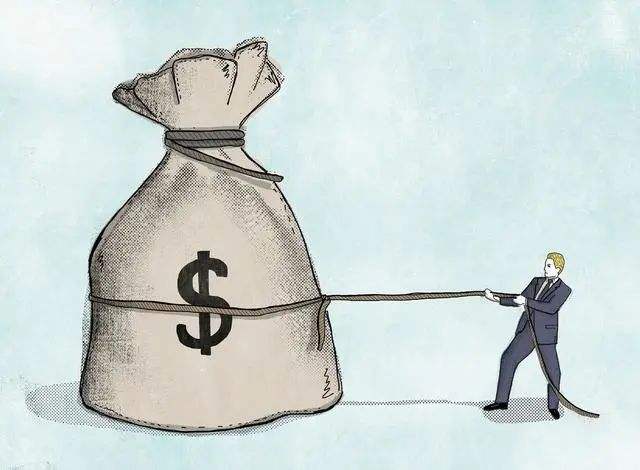On April 10, 2021, Xiao Wang purchased a batch of fabrics from Company A, with a total price of 300,000 yuan, and the payment method stipulated in the contract was: 50,000 yuan in advance and a one-time payment before April 30.
On April 20, 2021, Xiao Wang died suddenly. Xiao Wang has a total estate, cash and other inheritances of more than 800,000 yuan, which are inherited by his wife and son respectively. Company A filed a lawsuit with the court and listed the wife and children of the heir Xiao Wang as defendants.
Can Company A claim claims against Xiao Wang's wife and son?

The case concerned the inheritance of property. According to the laws of our country, debts should be paid off, and if the debtor dies, the heirs shall pay off the debts within the scope of the inheritance. When the heir expresses acceptance of the estate after the debtor's death, it means that he has not only acquired the property rights that the inherited person enjoyed before his death, but also assumed the property obligations that the heir had borne before his death.
In this case, the creditor-debtor relationship between Company A and Xiao Wang was legal and should be protected by law. After Xiao Wang's death, Xiao Wang's wife and son inherited an inheritance of 800,000 yuan, so it should be used to pay off Xiao Wang's debt to Company A by 250,000 yuan. Therefore, the company can claim repayment from Xiao Wang's wife and son to safeguard its legitimate property rights and interests.
In practice, the sudden death of the debtor occasionally occurs. How do companies deal with similar problems? The recommendations are as follows:
(1) Fully investigate the debtor's estate information, and if the negotiation fails, it may file a lawsuit with the court with the certificate of right to realize the claim.
(2) Timely exercise of relevant rights, if the debtor leaves over real estate, vehicles and other property, it may apply to the court to seize the property to prevent the property from being sold or disposed of.